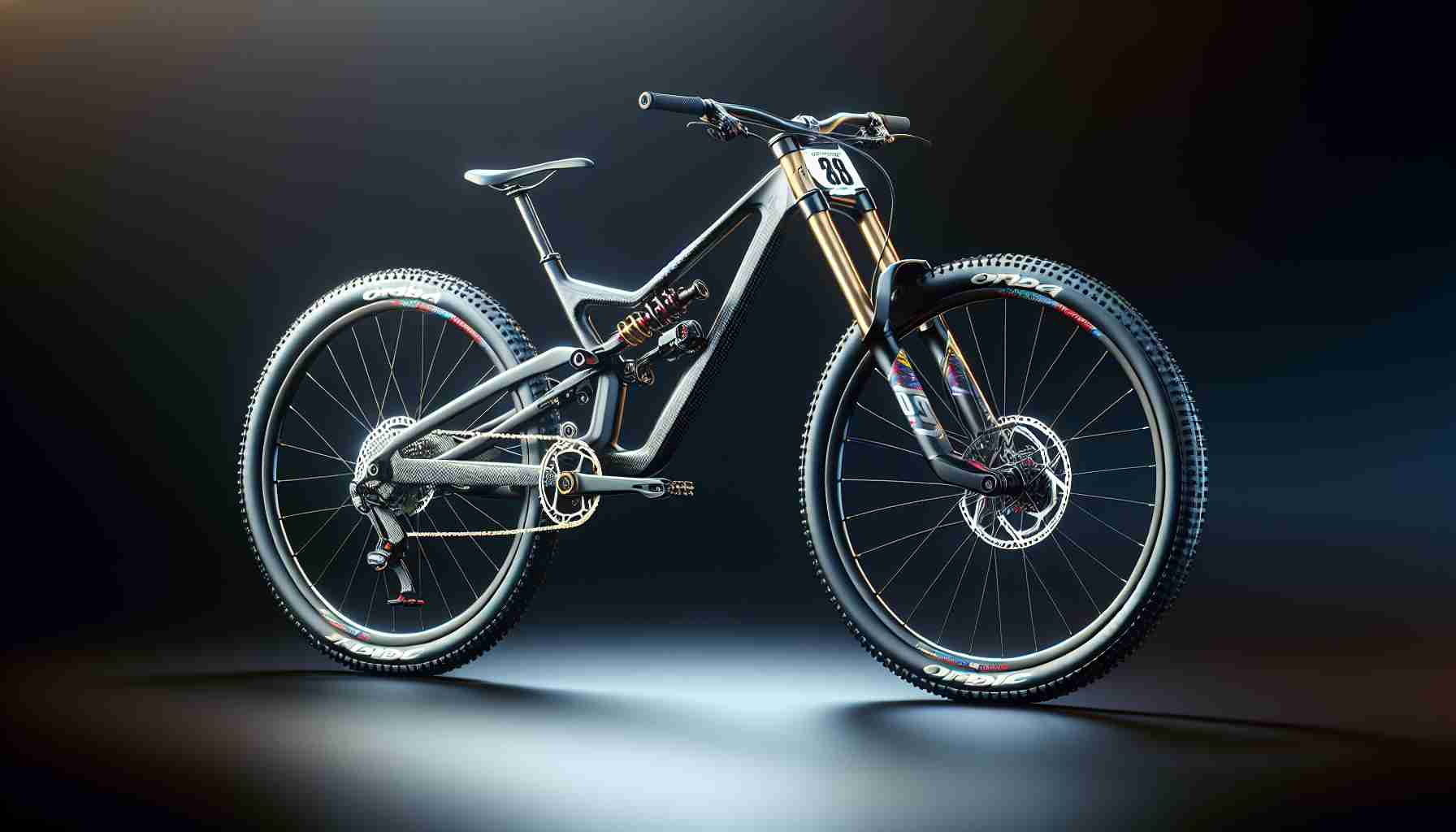As electric bikes continue to dominate the cycling scene, the question arises: what do we call regular bicycles? In a world where e-bikes have become the norm, it’s important to find a way to differentiate between the two modes of transportation.
Some argue that we should simply continue calling them bikes, as we have always done. However, this term seems too generic now that e-bikers commonly refer to their electric counterparts as bikes as well. There needs to be a way to distinguish between e-bikes and traditional bikes.
One suggestion is to use the term “pushbike” to refer to regular bicycles, emphasizing the physical effort required to ride them. This would parallel the distinction between email and snail mail, or between watching a TV show on different platforms. The mode of transport matters, and having a specific term for regular bikes would help clarify the conversation.
Others propose using terms like “p-bikes” (where p stands for pedal), “acoustic bikes,” or even “tortoise bikes” to capture the essence of manual, non-electric cycling. These retronyms would emphasize the contrast between traditional bikes and their electric counterparts.
However, we must be cautious when defining these new terms. In some cases, the desire to discriminate or label can lead to confusion or misunderstanding. Headlines like “Fat Bike Riders Are Plaguing Manly” illustrate the potential for unintentional ambiguity when trying to differentiate between bike types.
Ultimately, the language we use should allow for distinction when necessary, without causing unnecessary confusion. Whether we choose to adopt new terms or stick with the simplicity of calling them bikes, the important thing is to recognize the changing landscape of transportation and adapt our vocabulary accordingly.
The electric bike industry has been experiencing significant growth in recent years, with market forecasts indicating continued expansion in the coming years. According to a report by Grand View Research, the global electric bike market is projected to reach a value of $38.6 billion by 2025, growing at a compound annual growth rate (CAGR) of 7.9% during the forecast period. This is driven by factors such as increasing environmental consciousness, rising urbanization, and government initiatives to promote electric mobility.
One of the key issues related to the electric bike industry is the need for infrastructure development to support a growing number of e-bikers. This includes creating charging stations and designated parking spaces for electric bikes. Additionally, there is a need for regulations and guidelines to ensure the safe and responsible use of electric bikes, particularly in terms of speed limits and licensing.
In terms of market competition, traditional bicycle manufacturers are also venturing into the electric bike market to capitalize on the growing demand. Companies like Trek, Giant, and Specialized have introduced their own lines of electric bikes to cater to this evolving market.
For more information on the electric bike industry and market trends, you can visit Grand View Research, which provides comprehensive market analysis and forecasts for various industries.
It is important to keep in mind the broader context and future implications of the electric bike industry. As electric bikes become more prevalent, there may be a need to address issues such as battery disposal and recycling to ensure sustainable practices. Additionally, the integration of electric bikes into broader transportation networks, including public transportation systems, will be a crucial consideration for urban planning and infrastructure development.
The discussion about what to call regular bicycles in a world dominated by e-bikes reflects the evolving nature of transportation and the need for clear language to differentiate between different modes of cycling. As the industry continues to grow, it is likely that new terms and distinctions will emerge to accurately describe the various types of bicycles available. The important thing is to foster understanding and clarity in discussions surrounding bikes, whether they are traditional pedal-powered ones or their electric counterparts.















